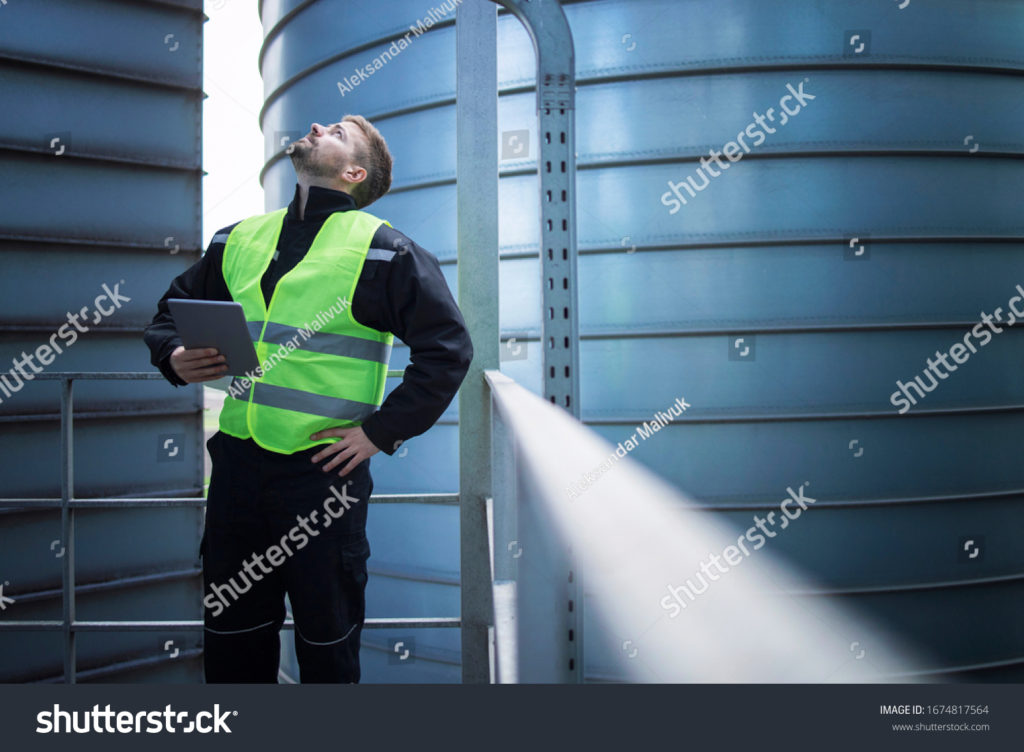
Speciality Technical Services
Although the engineers at IES have a very wide range of skills, there are also those who specialise, and one of the areas in which we have the best of reputations is that of Safety Instrumented Systems.
Process Analytical Systems
IES engineers take a systematic approach, guided by experience and a high level of training, to the analysis of industrial methodology and the safety factors involved. They have worked in Food, Life Sciences, Chemicals, Oil, Gas Minerals, Cement, Water and Waste, Steel and other metals, Glass, and more.
BS EN 61511
This is not only the benchmark for good practice in process industries; in many countries, it is a legal requirement.
There is a lifecycle in process industries, and functional safety needs to be controlled, managed and monitored from beginning to end. Safety Instrumented Systems cover sensors, logic functions, and the detection of dangerous conditions. There are also procedures and processes that respond to detected dangers, which are manipulated in order to achieve a safe state, and these, too, need to be of a high standard in order to qualify.
Competent engineers certainly understand the basic requirements, but it is generally with an air of relief that they hand the responsibility for this sector to colleagues who are completely familiar with it. This is where IES steps in, not to run its client’s business, but to work with its engineers to ensure a smooth and safe transition to the high standards demanded by BS EN 61511.
Process and Motion Control
Although IES engineers can, and often do, work on site on their client’s production processes, their capabilities extend beyond the point of delivery into installation, commissioning and maintenance, and it is not always necessary for them to be physically present in order to carry out their work; indeed, with clients based in areas as diverse and distant as Limerick to Marrakech, it would be neither practical nor cost-effective.
IES offers support on a wide range of instruments and systems through modem links, and their remote diagnostics are an efficient and cost-effective means of providing the full lifecycle support which is a requirement of BS EN 61511. Extended warranties and guaranteed response contracts are available, alongside breakdown, preventative and predictive maintenance, and software backup services.
Telephone support is also available, and every contract is tailored to meet the specific requirements of each individual client.
Complete Lifecycle Monitoring
The requirements of BS EN 61511 are comprehensive.
- use hazard and risk assessment to identify requirements for risk reduction
- allocate risk reduction to SIS or to other risk reduction measures (including instrumented systems providing safety functions of low / undefined safety integrity)
- specify the required function, integrity and other requirements of the SIS
- design and implement the SIS to satisfy the safety requirements specification
- install, commission and validate the SIS
- operate, maintain and periodically proof-test the SIS
- manage modifications to the SIS
- decommission the SIS
IES clients prefer their engineers to concentrate their skills and energies on the core tasks of process management. It is with a sense of relief that they hand the responsibility for BS EN 61511 to a team of friendly experts.

